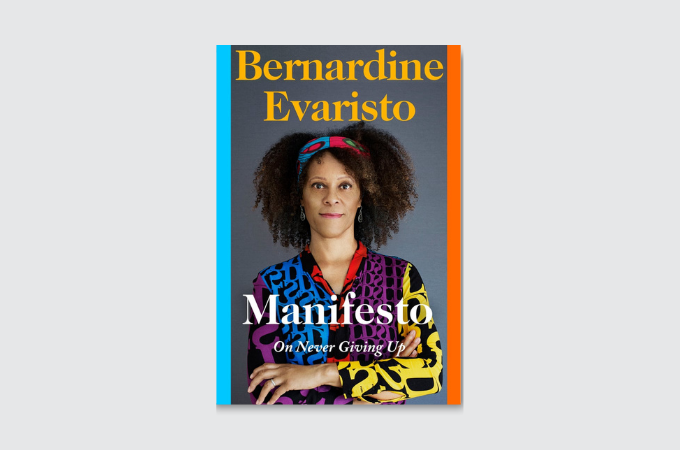
When I won the Booker prize in 2019 for my novel Girl, Woman, Other, I became an “overnight success”, after 40 years working professionally in the arts. My career hadn’t been without its achievements and recognition, but I wasn’t widely known. The novel received the kind of attention I had long desired for my work. In countless interviews, I found myself discussing my route to reaching this high point after so long. I reflected that my creativity could be traced back to my early years, cultural background and the influences that have shaped my life. Not least, my heritage and childhood
Through my father, a Nigerian immigrant who had sailed into the Motherland on the “Good Ship Empire” in 1949, I inherited a skin colour that defined how I was perceived in the country into which I was born, that is, as a foreigner, outsider, alien. I was born in 1959 in Eltham and raised in Woolwich, both in south London. Back then, it was still legal to discriminate against people based on the colour of their skin, and it would be many years before the Race Relations Acts (1965 and 1968) enshrined the full scope of anti-racist doctrine into British law.
My English mother met my father at a Commonwealth dance in central London in 1954. She was studying to be a teacher at a Catholic teacher-training college run by nuns in Kensington; he was training to be a welder. They married and had eight children in 10 years. Growing up, I was labelled “half-caste”, the term for biracial people at that time.
The concept of “black British” was considered a contradiction in terms during my childhood. Brits didn’t recognise people of colour as fellow citizens, and they in turn often aligned themselves with their countries of origin. I never had a choice but to consider myself British. This was the country of my birth, my life, even if it was made clear to me that I didn’t really belong. Yet Nigeria was a faraway concept, a country about which I knew nothing.
While the postwar Windrush Caribbean era of arrival has been well documented and explored, the equivalent African narratives have not. There were, however, many similarities. The moment my father arrived in Britain as a young man, he was brutally stripped of his self-image as an individual and had to assume an imposed identity. Britain was recruiting people from the colonies to fill the gaps due to casualties in the second world war and my father had duly travelled from his homeland, where he was just another human being. Instead of being welcomed as a Son of Empire, he encountered unfettered racism.
Read more.
***************
Buy Manifesto: On Never Giving Up: Amazon |


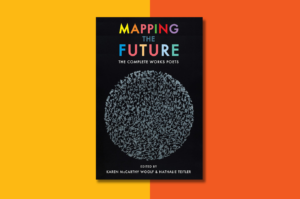
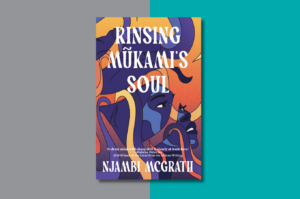
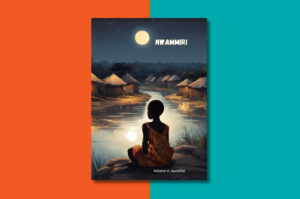

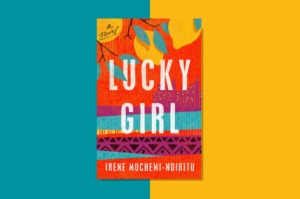
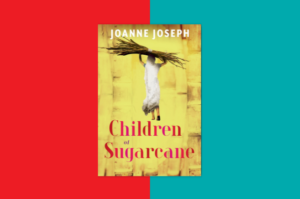

COMMENTS -
Reader Interactions